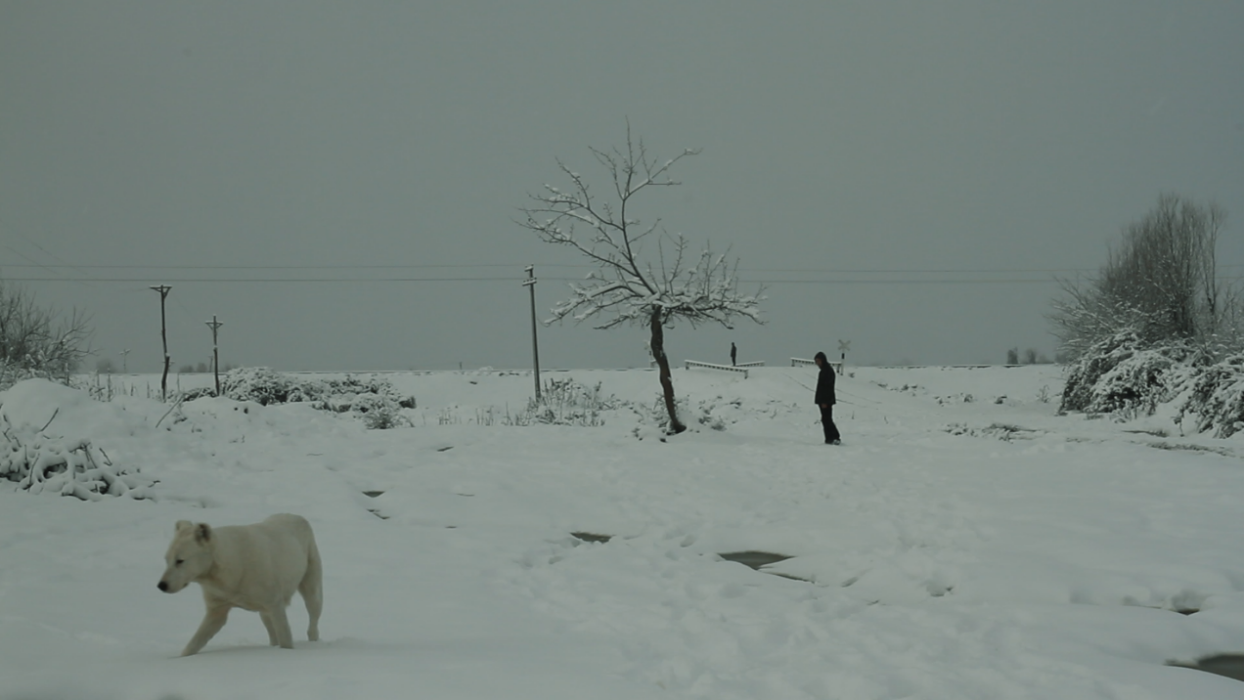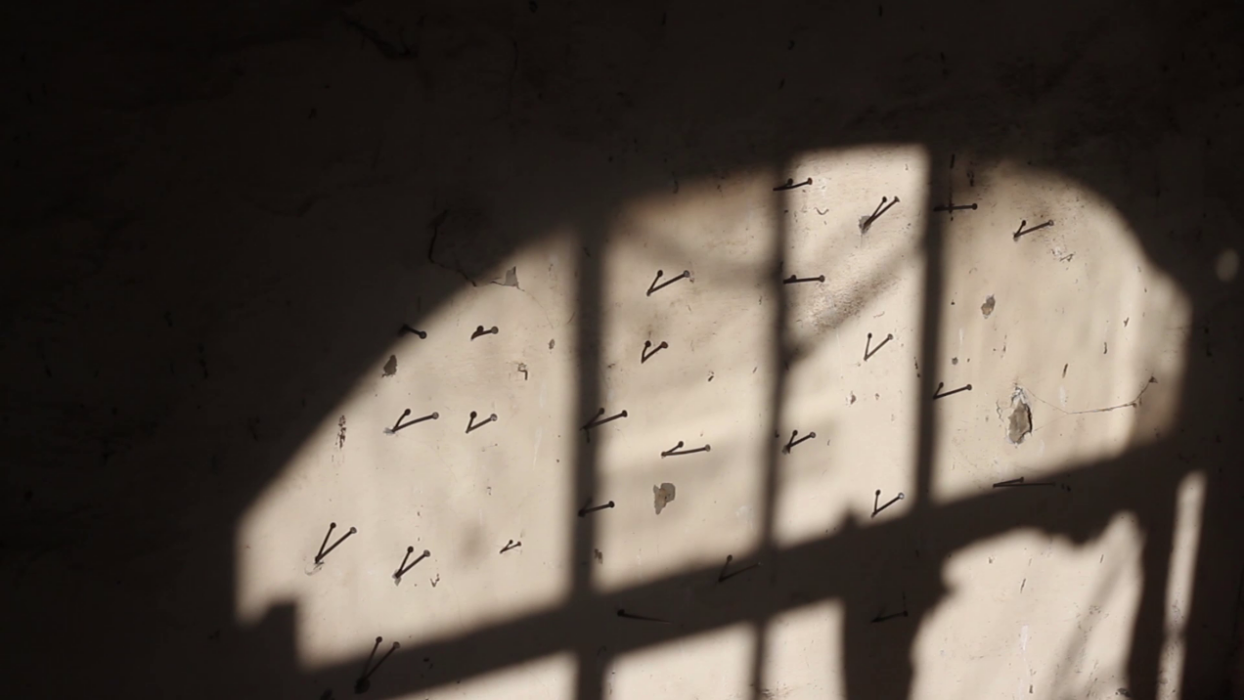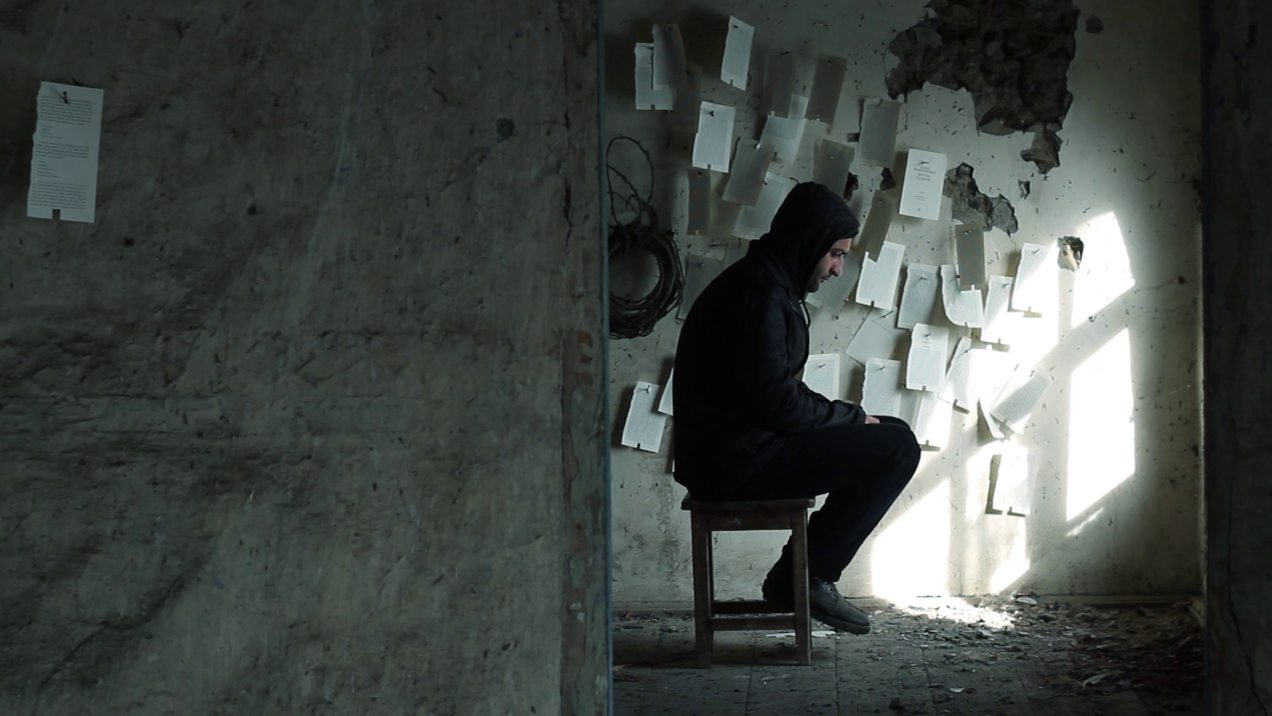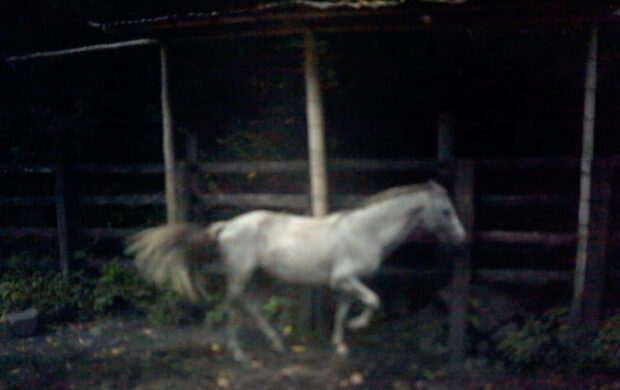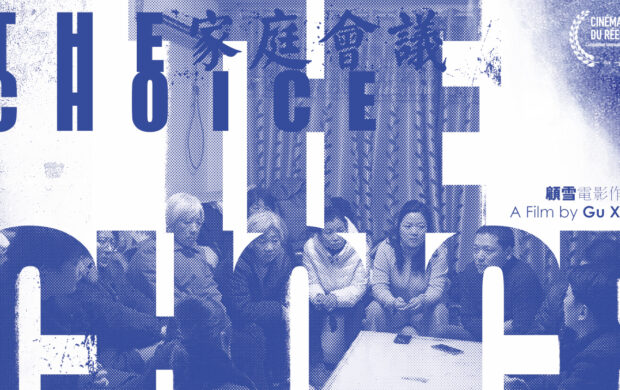Nails in My Brain
Beynimdəki Mismarlar
- 2019
- Azerbaijan
- 80 min
- Azeri
A young man wanders through the ruins of what may or may not be his childhood home, where each crumbling doorway opens up onto the past. No matter how much he has tried to change, the young man always returns to the same places, same questions, same faces, same recollections—the same nails in his brain.
If you have to return home, if you have to inescapably and deliciously find the landscape of your childhood, it is because looking for the trace of time elsewhere is pointless. The ambit of this lesson (“Home is when you feel time”, we heard in When the Persimmons Grew, the second and previous film of his trilogy, Katex, named after Hilal Baydarov’s childhood village), is radicalised in Nails in My Brain – painfully, sublimely. The mother, who was central to the first two films, no longer appears, except in one shot which is enough to make her an icon. The truth is that she is everywhere, as she is the one who chose Satie’s most famous Gnossienne, which trickles onto the film like an incessant drizzle. Yet, Baydarov is alone in the image, alone in the landscape, alone in Satie and in the time that tortures him. Here, where a clock and mournful bell fill the sliver of silence left by the Gnossienne, time is a machine driving nails into his brain at each place that holds a memory, and when the pointed tip touches a memory, the brain spits out insane ribbons of words, seven chapters of words like a drunken canticle to the art, to faces, to childhood, to the suffering with which God has filled men to make them beautiful – all of this flung out in a jumble among the ruins and snow of Katex, but always gathered up in extremis by the splendid composition of images. On an improbable diagonal between Alain Cavalier’s films of daily life and Artur Aristakysian’s elegies, Nails in my brain celebrates the eye’s colossal efforts when it has to confront the turmoil of the mind.
Jérôme Momcilovic
- Production : Hilal Baydarov (Ucqar Film)
- Photography, sound, editing : Hilal Baydarov
- Print contact : Hilal Baydarov
